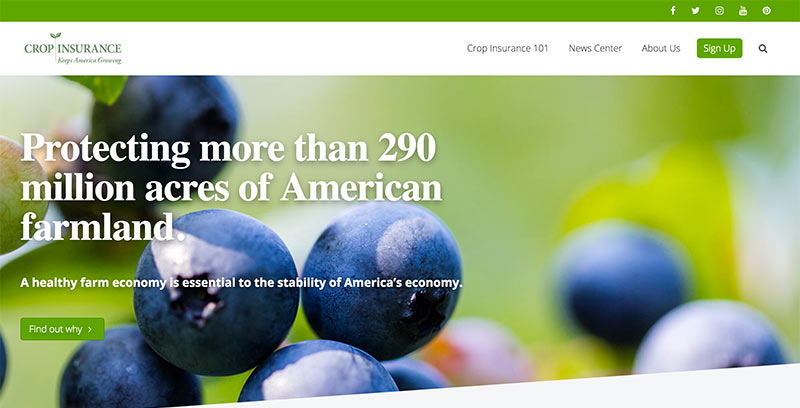Nation Cotton Council CEO Says Key Crop Insurance Strength Is Private Sector Delivery
While a record amount of indemnities – approaching the $10 billion mark – are being paid to farmers for 2011, one of the key aspects of crop insurance that makes it a favorite among farmers is its private sector delivery, which sets crop insurance apart from all other policies, said Mark Lange, president and CEO of the National Cotton Council.
During a recent interview with the National Association of Farm Broadcasters, Lange pointed out that crop insurance’s speed of delivery was well on display in 2011 in West Texas – where many growers didn’t even see their fields sprout – but they had their indemnities in hand quickly, allowing them to farm yet another year. “They are dry land growers, and they are seeing crop indemnities paid prior to Labor Day,” he said.
Lange noted that another strength of crop insurance, from the growers’ perspective, is that “crop insurance policies come in a vast array of styles and coverage and the grower can very closely tailor the specific policy that they are acquiring to their specific farm situation.”
Lange says that Congress has a daunting challenge, since crafting a Farm Bill with elections fast approaching and with budgets declining will not be easy. But he believes that what emerges will preserve the public-private partnership of crop insurance and ensure the long-term viability of America’s food and fiber supply.
“I think it’s clear that the delivery of insurance or revenue programs from the government has a very chilling effect for agricultural producers,” he said, and it takes far too long for help to arrive into the hands of the farmers. “The SURE program, is just now providing benefits for losses that occurred in 2009,” he said. “So here it is in early 2012 and they’re just getting the benefits. That’s just too long.”
To listen to Lange’s interview in its entirety, click here.





